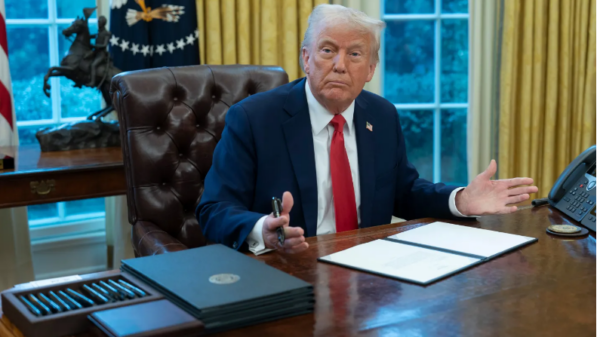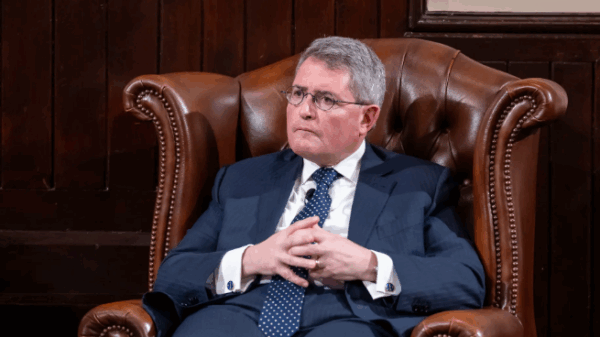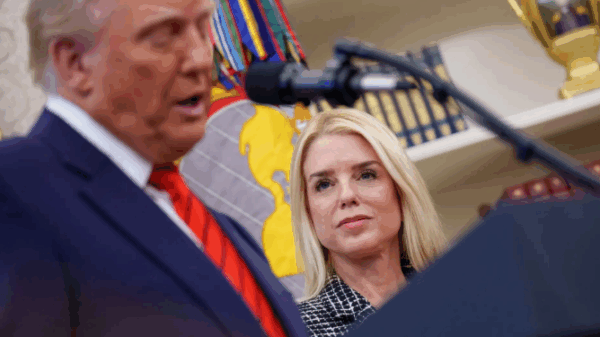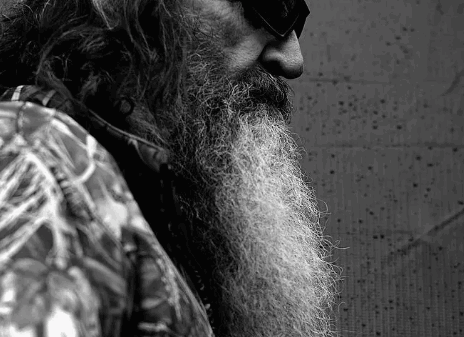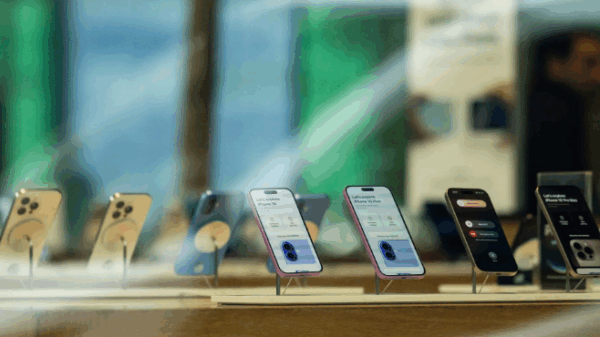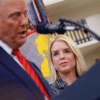President-elect Donald Trump has requested the U.S. Supreme Court to delay the potential ban of TikTok, seeking time for his administration to pursue a “political resolution” to the ongoing dispute over the app’s national security risks.
In a brief filed Friday, Trump asked the Court to stay the law that requires TikTok to divest from its China-based parent company by January 19, 2025, a deadline that could result in the platform’s ban. Trump’s brief, which neither supported nor opposed the parties involved, emphasized that he did not take a position on the merits of the case, but rather sought to delay the enforcement of the statute while the legal matter is considered.
The request follows filings from TikTok and the Biden administration, both presenting opposing views. TikTok argues that the law, which could lead to the app’s shutdown, unlawfully restricts speech under the First Amendment. The Biden administration, on the other hand, maintains that the law is necessary to mitigate national security risks, given TikTok’s connections to China.
“The President-elect respectfully requests that the Court consider staying the Act’s deadline while it reviews the case,” stated the brief, written by D. John Sauer, who was chosen by Trump to be the solicitor general.
This move is the latest instance of Trump engaging in national issues before officially taking office. In addition to negotiating tariff policies with foreign countries, Trump has already voiced his opposition to a bipartisan plan for funding the federal government, and held a series of meetings with foreign leaders and business executives at his Mar-a-Lago club in Florida. Notably, Trump also met with TikTok CEO Shou Chew last week.
Trump, who had previously attempted to ban TikTok over national security concerns during his first term, reversed his stance during his 2024 presidential campaign, using the platform to engage younger voters. Despite his reservations about TikTok’s security risks, Trump has opposed outright banning the app.
The legal battle centers around a law signed by President Joe Biden in April, which passed through Congress with bipartisan support. The law mandates that TikTok divest from ByteDance or face a potential ban due to security concerns about Chinese government control over the platform. TikTok, in its legal filings, disputes these claims, asserting that there is no evidence China has ever attempted to interfere with the app’s operations in the U.S. and that the national security fears are speculative.
The Supreme Court is set to hear oral arguments on January 10 regarding whether the law violates the First Amendment by restricting free speech. The U.S. Court of Appeals for the District of Columbia Circuit had previously upheld the law, prompting TikTok to appeal to the high court.





